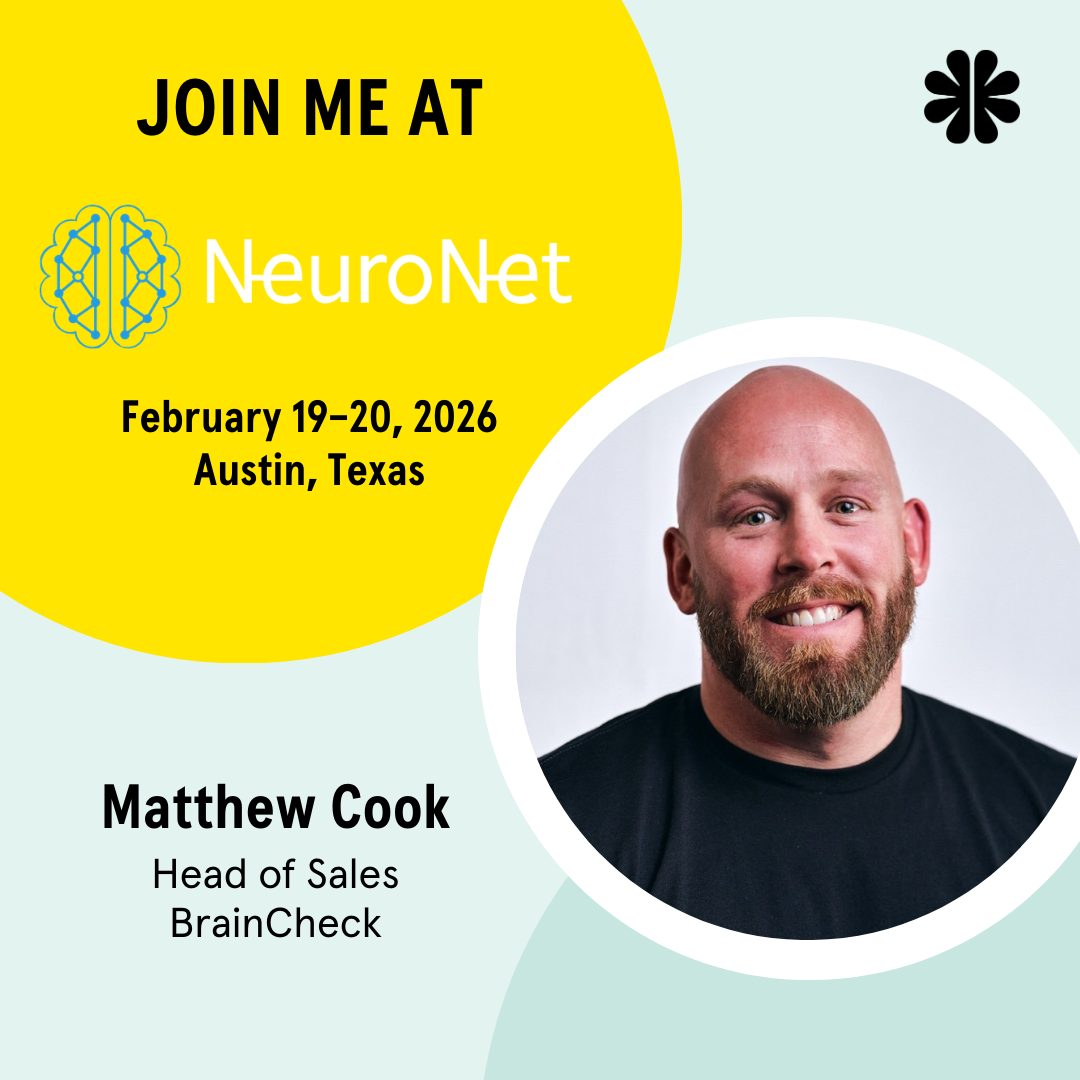Your brain is what makes you uniquely you, shaping your memories, decisions, and emotions. Maintaining a healthy brain is key to preserving quality of life and the relationships that enrich it.
Understanding your brain is the first step toward greater cognitive resilience, and studies show taking proactive measures today can protect and prolong your brain health in the future. Small changes, such as eating better, getting more exercise, and spending time with friends and loved ones, can make a big difference – empowering you to keep your mind sharp and support a long, healthy life.
Your brain, explained
Your brain is the command center of your body, managing everything from memory and learning to planning and concentration. Discover the key cognitive functions that make you, you.
1. Attention
Enables you to focus on tasks and activities without getting easily distracted.
2. Memory
Allows you to retain and recall information, which is vital for learning and navigating daily life.
3. Executive function
Facilitates planning, organizing, solving problems, and making decisions.
4. Language
Empowers you to understand and use language effectively for communication.
5. Visual perception
Assists in understanding and interpreting visual information and spatial relationships.
6. Social cognition
Enhances your ability to understand and respond to social interactions, recognize emotions, and navigate social environments.
A new era in brain health
Promoting, protecting, and preserving brain health begins with being proactive. Every year, we take care of our health by getting tests like blood pressure checks, cholesterol measurements, and cancer screenings to catch any issues early and stay on top of our well-being. But what about brain health?
That’s where BrainCheck comes in. We’re making it easy to take control of your cognitive health and monitor it over time. In just 3 minutes, your doctor can get a snapshot of your cognitive status. And, if a broader assessment is necessary, it’s available in only 15 minutes. The best part: getting started begins with a quick tap of your finger – anytime, anywhere, and on any device.
Show up for yourself and your loved ones with a simple action that can greatly improve the road ahead. Be sure to ask your doctor for a BrainCheck at your next yearly checkup.
Your questions, answered
1. Why is brain health important?
Our brains make us who we are. Brain health is crucial for maintaining cognitive functions such as memory, thinking, and decision-making, which are essential for daily life. Keeping your brain healthy can help you stay independent, improve your quality of life, and reduce the risk of cognitive decline and related conditions like dementia.
2. What is cognitive screening and why should I get it done?
Cognitive screening is a quick and simple way to check your brain and detect potential signs of impairment as early as possible, when simple lifestyle changes can make a difference. Catching changes sooner can lead to more timely interventions, better management of potential issues, and improved outcomes for your overall health.
3. What is a cognitive baseline and why is it important?
Establishing a baseline is the first step to understanding your cognitive status, offering an essential reference point that helps your doctor benchmark and monitor your brain health over time. Up to 40% of dementia cases may be prevented with lifestyle changes, emphasizing the importance of proactive screening to maximize options and support overall health.
4. How can BrainCheck help me on my journey to better brain health?
BrainCheck offers comprehensive cognitive assessments that provide valuable insights into your brain health. By asking for a BrainCheck at your next annual wellness visit, you can partner with your doctor to monitor changes over time. BrainCheck empowers you to take control of your brain health and make informed decisions for a healthier future.
5. Where can I find more information?
When it comes to brain health, there’s always more to learn. Visit our Patient support page to find more resources to guide your journey.




